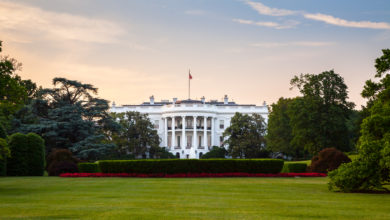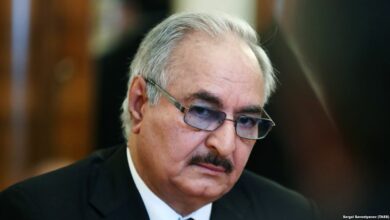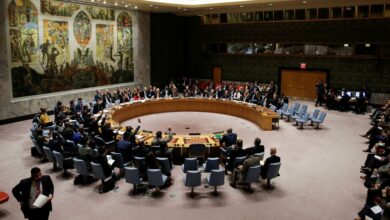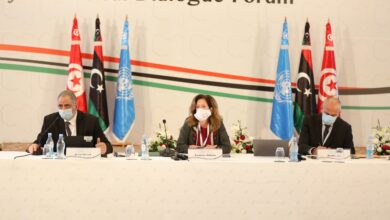Libya
UN Brokers Meeting Between Rival Libyan Government Heads In Cairo Next Week
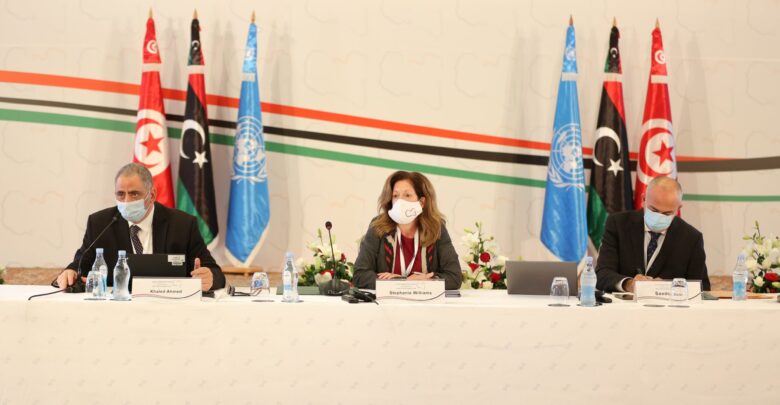
The United Nations (UN) on Thursday announced it has arranged for talks between the heads of Libya’s two rival governments next week in Geneva aimed at an reaching an agreement on a constitutional framework for holding elections, reported Africa News.
“(Parliament speaker) Aguila Saleh and President of the High Council of State Khaled Al-Mishri have accepted my invitation to meet at the UN Office at Geneva 28-29 June to discuss the draft constitutional framework for elections,” the UN’s top Libya official Stephanie Williams tweeted.
The UN official commended the heads of the two chambers for committing to seek consensus on the remaining issues after last week’s Joint Committee meeting in Cairo.
The presidential and parliamentary elections were originally set for December last year. But the vote never took place due to several contentious candidacies and deep disagreements over the polls’ legal basis between rival power centers in the east and west of the country.
The week-long meeting between the Tripoli-based council and Saleh’s eastern-based House of Representatives, which was held in Cairo last week, failed to reach an agreement over the constitutional basis to hold the presidential and legislative polls.
The two rival governments in Libya, one in the east and the other in the west, have been fighting for power since March. The one in Tripoli, which was launched in early 2021 under the aegis of the UN to lead the transition to elections, and a government formed in March and supported by parliament, which has temporarily taken up residence in Sirte, as it is unable to take up its duties in the capital.
The mandate of the Tripoli-based government, led by Abdelhamid Dbeibah, expired on Wednesday under the UN-brokered deal.
On Wednesday, rival Prime Minister Fathi Bachagha said in a letter to UN Secretary-General Antonio Guterres that it was now up to him to take charge of all efforts to organise elections in Libya as soon as possible.


